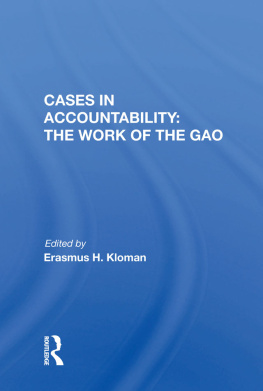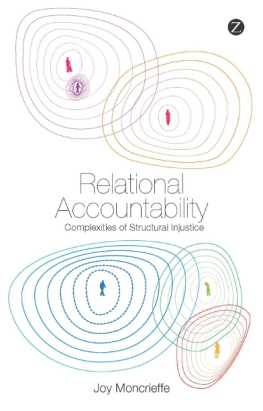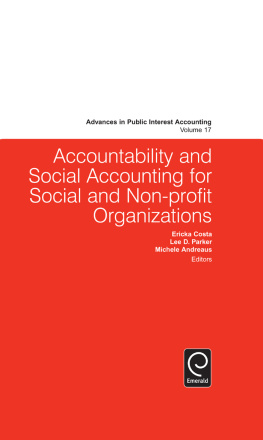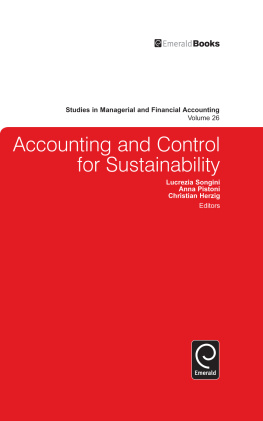1. INTRODUCTION
The popularity of corporate practices that promote management entrenchment soared during the second half of the 1980s in response to the widespread threat of hostile corporate takeovers (). Nejat Seyhum, Professor of Finance at Michigans Ross School of Business notes in an article published in the Michigan Press in 2016 that stock option backdating appears to have picked up again. In 2019, the Fortune magazine reported that backdating has resurfaced despite the prosecution of those implicated in the option backdating scandal and changes to disclosure rules for executive compensation.
Corporate practices that can entrench managers include staggered or classified boards, limitations on by-laws and charter amendments, supermajority requirements for mergers, poison pills, and golden parachutes. Staggered boards are boards with members grouped into different classes, often three, with one class of directors being eligible for reelection each year. Staggered boards restrict the power of the shareholders to appoint and remove the majority of the directors annually, which tends to weaken the supervisory power of the shareholders over the board. The weakening of the supervisory power reduces board accountability to the shareholders. ) notes that directors depend on management for their reelection bid and sometimes form other business ties with management. The dependence of the directors on management for reelection, the cozy business relationships between directors and management, and the weakening of board accountability to shareholders negatively impact the effectiveness of the oversight that the directors exercise over the managers and may culminate in opportunistic managerial behaviors that are inimical to shareholder wealth.
The supermajority requirements for amendment of corporate by-laws, charters, and acquisitions make it difficult for shareholders to make changes to previously adopted provisions considering the number of shareholders that attend meetings (). The stipulation incapacitates shareholders from making decisions that are at variance with the interests of the managers. Accordingly, managers may be able to engage in opportunistic behaviors that are inimical to the interests of shareholders.
Poison pills give the shareholders of the target firm the right to buy additional shares of the target or acquiring firm or both firms at a deeply discounted price (). Golden parachute thus increases the cost of acquisition to potential acquirers. The huge cost to remove the managers discourages potential acquirers, entrench management, and may incentivize managers to act in ways that are self-serving and inimical to shareholders.
Though corporate practices that promote entrenchment remain popular, management entrenchment has aroused much controversy among researchers and practitioners. Researchers and practitioners are divided over the impact of management entrenchment on shareholders. While proponents of management entrenchment argue that entrenchment curtails managerial opportunism and is beneficial to shareholders, opponents of management entrenchment contend that entrenchment weakens the corporate governance mechanisms of a firm, encourages opportunistic behavior by managers and is detrimental to shareholder wealth.
On the one hand, studies such as ), suggest that management entrenchment reduces firm value and consequently the wealth of shareholders.
We examine the relation between management entrenchment and the probability of a firm being implicated in the stock option backdating scandal given that prior studies have extensively examined the impact of entrenchment on earnings management, but little attention has been given to the effect of entrenchment practices on egregious management behavior. The stock option backdating scandal is an example of corporate fraud as it is characterized by the secret backdating of stock option grant dates and the violation of securities, tax, and corporate laws.
Using the entrenchment index (E-index) as constructed by ) as our measure of management entrenchment, we find a negative relation between management entrenchment and the probability of stock option backdating. Our finding is consistent with the line of research that documents management entrenchment as being beneficial to shareholders as it reduces pressure on management to achieve short-term reporting goals. Our finding is also consistent with the notion that management entrenchment curbs egregious opportunistic managerial behaviors and increases firm value.
Our study contributes to the literature on corporate governance and the debate on the impact of management entrenchment on agency costs and firm value. As the stock option backdating scandal is an example of corporate fraud with severe ramifications on financial reporting credibility and firm value, the results of our study should be of interest to researchers, auditors, regulators, and other stakeholders who are concerned about curbing egregious managerial behavior and protecting shareholder wealth. The remainder of the study proceeds as follows: Section 2 provides the literature review and hypothesis development. Section 3 discusses the methodology, and Section 4 reports the empirical results of the study. The conclusion follows in Section 5.
2. LITERATURE REVIEW AND HYPOTHESIS DEVELOPMENT
The results of prior empirical studies highlight the lack of consensus over the impact of management entrenchment on shareholders. While one strand of research supports the view that management entrenchment is beneficial to shareholders ().
Consistent with the view that entrenchment is beneficial to shareholders, studies such as ) focus on firms that meet or beat earnings benchmarks and examine the relation between management entrenchment and earnings management. They find a negative relation between management entrenchment and accrual and real earnings management, which implies that entrenched managers are under less pressure to engage in earnings management to achieve short-term reporting goals.
Studies such as ) find that management entrenchment mitigates the opportunistic use of real earnings management to enhance reported income. Accordingly, the results from the preceding studies support the view that entrenchment is beneficial to shareholders as it curtails managerial myopia and opportunistic earnings management that can be detrimental to firm value.
Contrary to the view that entrenchment can be beneficial to shareholders, studies such as ) document that declassifying a board increases firm value, which is consistent with management entrenchment reducing firm value.
The results from prior studies appear to be contradictory as some studies report that management entrenchment is associated with reduced firm value while other studies report that management entrenchment is associated with lower earnings management, which can be favorable to firm value. A possible reason for the contradictory findings is that equity investors may be discounting the valuation of firms with entrenched managers as they perceive entrenched managers as being less likely to invest in risky projects that boost firm value. Consistent with this view, ) document reduced variability in firm valuation as well as a valuation discount for firms with entrenched managers which implies that investors perceive such firms as being less likely to pursue risky projects that could enhance firm value.












